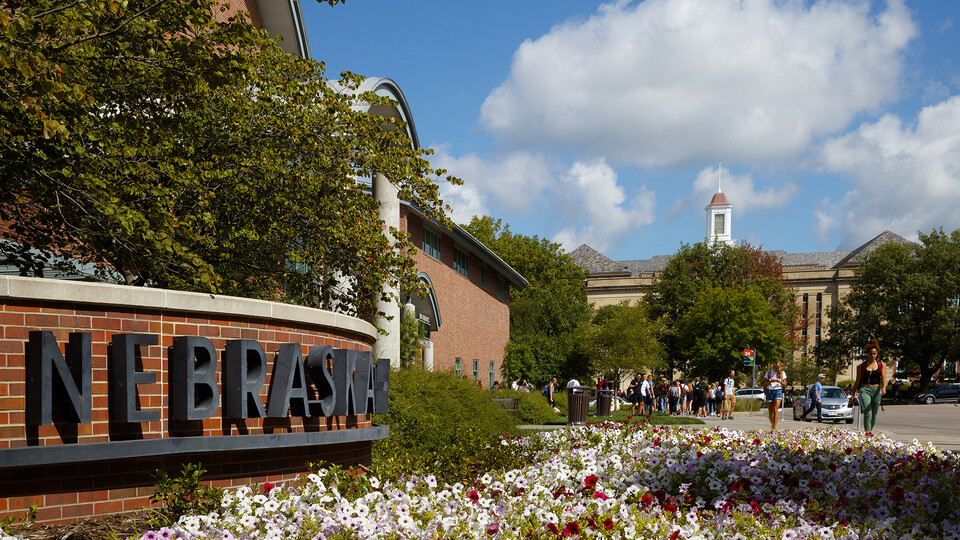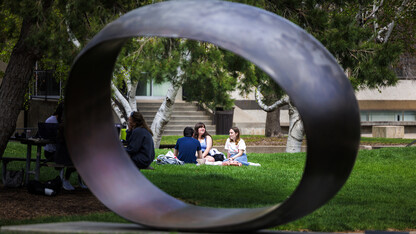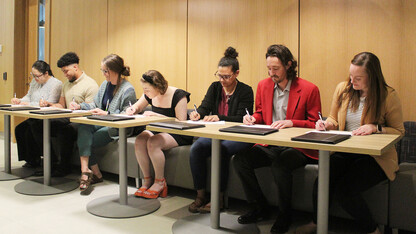· 3 min read
Nebraska Governance and Technology Center awarding Supplemental Research Funds

The Nebraska Governance and Technology Center is calling for statements of interest for supplemental research awards. These awards will provide supplemental funding to teams already engaged in active internally or externally funded research at the University of Nebraska. The goal of these supplements is to facilitate consideration of law and policy topics related to ongoing research.
The Nebraska Governance and Technology Center studies the ever-changing relationship between law and technology — how the law can regulate technology and how new technologies affect what the law can do. ”Technology” as studied by the center is a broad concept, generally referring to the tools and knowledge that shape how society operates at scale. This includes, for instance, everything from food production to gene editing, the sociological impacts of education technology, information and communication systems, and the production of textiles. Much of how society operates is structured around how these technologies work, often through legal and policy mechanisms. Studying the relationship between the technologies that shape society and the legal and political structures that result (that is, technology governance) is a fundamentally interdisciplinary endeavor.
The goal of the supplemental research awards is twofold: in the near term, to encourage researchers developing new technologies to consider potential policy aspects of their research and, in the longer term, to facilitate new interdisciplinary collaborations.
The awards will provide $10,000 grants to current internally or externally funded research projects to encourage consideration of relevant law and policy issues. There isn’t a predetermined vision of what these issues are or must look like to be considered. The award could be used, for instance, to support faculty or student time, engage with a new collaborator or support meetings with subject matter experts. It could help to produce materials such as standalone publications, less formal written output such as appendices in other publications cataloging policy issues related to the primary research project, or an internal report that documents issues that were explored. These are merely examples. The awards need not necessarily be used to support people or produce written output.
Projects must be suitably technology related and articulate how law and policy intersects with the existing project. The supplements are not meant to provide funding for legal counsel (legal advice, patent filing, etc.). Successful statements of interest will explain how they will integrate consideration of legal and policy issues into the project itself, how the funds will be used to support that goal and expected outputs.
Statements will be reviewed by the center’s director, executive director and core faculty as a committee. Those selected from the statements of interest will be asked to submit a full proposal in February.
Statements should be fewer than 800 words and describe the existing project, current funding, timeline, research team members and how the supplement award would be used.
Up to five $10,000 awards will be made, with the supplemental activities concluding by December 2021. There are no indirect (F&A) costs paid from the supplement, and it should all be used for direct costs.
Timeline:
Jan. 19 – Statements of interest due
By Feb. 1 – Selected projects invited to submit proposal
March 1 – Proposals due
By March 15 – Selected proposals announced and funding distributed







